A few points of note:
It's always good to know one's source. Commonweal: CATHOLICISM & ANTI-SEMITISM : An evening with James Carroll & Mary Gordon.(Brief Article). Mom actually knows James Carroll from back when he was an priest, when he was in the process of leaving due to his own disgruntledness and not towards doctrine. When I read Catholic commentary by an ex-priest, I read with not only a grain of salt, but something more akin to the Atlantic Ocean. It would be the same if I were to read a condemnatory and bitter denunciation of baseball from an ex-manager. In truth, one can leave something for something better - but when the expression of the previous is only hatred, obvious bigotry, and meanness, supported by no good argument except fallacious polemics, no matter the subject, the honest intellectual ought to question what is being written.
Furthermore, in regard specifically to The Passion of the Christ, it seems to me that, as with any film, a personal opinion cannot be drawn until the film itself is personally viewed. For example, I had been of the conclusion that Tim Burton's Sleepy Hollow was going to be incredibly dark, scary and gory. However, finding myself in need of much Depp-ness, I rented the movie and discovered that it's hilarious, charming and giddily off-kilter. Conversely, I have never seen the movie Seven and so cannot comment on its contents any more than: "I have heard its premise, I have seen a few clips, it sounds intriguing, but I don't think I could personally stomach it." Or consider the far more controversial (and by all trusted account blasphemous) The Last Temptation of Christ: I have not seen this film, I don't much care to, I may or may not depending on future need or lack thereof. Again, what I have heard and read from those for and against the film is that it promotes the current strawman of the "sexed-up Jesus," which premise is enough to declare that it is at the very least historically if not certainly spiritually inaccurate. I cannot, however, give my opinion of the film as a film. I do not have that right until I myself view the film. I cannot have a personal opinion on something not personally viewed. I can have an informed idea of what I might view should I choose to do so, but I cannot myself lambast the movie from any personal observations.
Now Mr. Carroll makes several interesting points in his article which are easily refuted. First, as with all things, we ought to see from what source this article springs. Ah, from Mr. Carroll who has a long history of violent anti-Catholicism based upon Heaven knows what except - from what I can tell from his writings - meanspiritedness (since his "arguments" tend to be historically fallacious at best). Further, his article is printed in the Boston Globe which has proven itself to be perhaps more violently anti-Catholic than Mr. Carroll. I can conclude from this that I ought to remember that those reviewing and those printing this article have a definite bias to begin with. Mr. Carroll is certainly not entering his viewing with an eye to openmindedness. He likely has made up his mind on the issue of the Crucifixion (if his many pre-Passion books and articles on this very issue can be considered a truthful record of his thoughts on the subject) even before seeing the movie. What impression, then, is this likely to leave upon him? He is not seeing the film with the benefit even of tabula rasa; he is seeing it, as it were, through sunglasses.
An addendum to this: I myself have been guilty of such prejudiced views. I cannot help but read Harry Potter with an exceedingly critical eye. But I am attempting to look at the books now - moreso - with a view to them as BOOKS, i.e., how well they are written, what content is actually within them, where they are headed. It helps to know what prejudices one has before going into review something. One's thoughts may not change, but hopefully a more honest and less bombastic review can be achieved.
Mr. Carroll writes:
My first day in Writing 101 taught me that the use of strong, polemic words was a "no no" when writing an opinion piece, particularly one meant to pursuade. Not that such vitrolic wasn't effective, but rather that it was a false effectiveness: it evoked emotion but not intellect.
"It will incite contempt for Jews" - this piece makes me laugh. I have seen this movie. I have Jewish friends. I have yet to hate them. In fact, I become more incited on their behalf than not: I am frustrated when they don't embrace their history, their culture and above all their ancient and noble religion which is the wellspring of my own. Even more greatly, why were similar accusations not levelled against, say, Where the Heart Is, which certainly incites contempt for evangelists, or Monty Python and the Holy Grail which might incite contempt for monks, or that badly-written and historically bogus (and yes I've read it without knowing all that much about it beforehand) dreck The Da Vinci Code for categorically inciting not only ignorance but fury at a strawman Catholicism? We do not become furious at historically accurate movies, such as Glory or Schindler's List, hatred isn't aroused towards even the oppressors in those great films: but rather sadness that we might have allowed such injustices to happen to good men, and self-conviction to be better ourselves. A good film humanizes the antagonist: "It is as it was." Perhaps Dr. James Dobson, a leading Protestant, puts it best when he writes: "Columnist James Carroll of the Boston Globe, a subsidiary of the New York Times, went so far as to suggest that "Even a faithful repetition of the Gospel stories of the death of Jesus can do damage exactly because those sacred texts themselves carry the virus of Jew hatred." Does Mr. Carroll really expect readers to believe that the Gospels – written by Jews about a Jewish Messiah and His Jewish disciples – are anti-Semitic? His assertion is so ridiculous and foolish as to be laughable."
Now, as for the accusation that it is a "blasphemous insult to the memory of Jesus Christ" - here we must laugh just a little. First, blasphemy implies that we must have a belief in Jesus Christ that may be blasphemed. Let us presume that Mr. Carroll has a belief in Christ (unlikely as that seems - from Mr. Carroll's own writings, that is, as well as his actions - but...). So, blasphemy means that what is said/shown goes against the doctrine of that Church. However, St. Paul writes, "We preach Christ crucified" and then goes on to add that had not the resurrection happened, we should have no faith at all. The importance of the crucifixion cannot be downplayed - at that moment, Catholics and Christians believe, Christ took upon Himself the sins of all mankind, to open up the doors to Heaven for us. Had not the crucifixion happened, we should still be left with the guilt of our sins upon us with no hope of salvation. That is what is believed. To promote anything against that central doctrine would be blasphemous. Gibson's Passion promotes what is believed.
Had Mr. Carroll said that "What Mr. Gibson portrays is what the Catholic Church believes and I don't believe that so I still don't believe that," I could not fault him. But when he makes the statement that "What Mr. Gibson portrays is blasphemous, even though he is simply putting into artform what the Catholic Church believes, and indeed all of Christianity is based upon" then Mr. Carroll is in need of a dictionary with a full complement of "B's."
"It is an icon of religious violence." Icon - I'll grant him that's a good play on words. And I grant, too, that Mr. Carroll is a self-proclaimed iconoclast, so admittedly he still isn't entering this movie with a clear eye. Religious violence - well, insofar as the Crucifixion is the centerpoint of our redemption, and that it is the worst way to die, I must admit that this movie is an icon of religious violence. But, wait, I'm pretty sure that Mr. Carroll did not mean that this movie is a means whereby the faithful may reflect upon what our Lord suffered for our sake, but something more akin to "[The Passion] is going to incite violence in the name of religion." I point you to the above paragraphs. I also point you to my own, and many others' experience: the person one comes away feeling the most resentment towards is oneself - and not in a bad self-loathing way, but rather in a finally clear-sighted way. In Schindler's List which might also be said to be an icon of religious violence, the viewer came away saying with Schindler, "I could have done more." In The Passion one comes away saying, "I should have done more." (I speculate, and please realize I speculate only, that Mr. Carroll was not fond of this sensation.)
"Like many others, I anticipated the Gibson film warily, especially because an uncritical rendition of problematic Gospel texts which unfairly blame "the Jews" for the death of Jesus threatened to resuscitate the old "Christ-killer" myth." This only reaffirms not what is in the film, nor even what is in the Gospel, but rather Mr. Carroll's prejudices before ever setting foot in that theatre. That he uses the hasty generalization by saying "like many others," Carroll sets up an unfounded "majority rule." He further attributes to The Passion more wariness than is felt for any other film. Now, for myself, I approached Big Fish with some wariness. Again, I doubt Mr. Carroll means that sort of "what will it be like?" curiosity inherent to any unseen film. So here we have a perfect example of poisoning the well. I cannot blame Mr. Carroll or anyone for approaching this film warily - I do take umbrage with his assertion that everyone is approaching this film warily. Moreover, I take umbrage with his reason for approaching this film warily which is, as has been previously mentioned, the betrayal of his own rather pointed opinion on the subject matter. Mr. Carroll believes that the Gospels are anti-Semetic. He says that the Gospels are "problematic" (for whom? In what regard? What specifics? Many Hindus like what's written in the Gospels! Be specific not merely generally polemic.). He says that Gibson's is an "uncritical rendition" - pardon, what does that mean? That he didn't use his artistic judgement? But he certainly did (as Carroll points out, in ironic self-contradiction here: Carroll contravenes himself in another previous article: "Boston Globe columnist James Carroll, for example, denounced Gibson's film for its literal reading of the Biblical accounts of Christ's passion. According to Carroll, "Even a faithful repetition of the Gospel stories of the death of Jesus can do damage exactly because those sacred texts themselves carry the virus of Jew hatred"). Rodger Ebert, a fallen-away Catholic (and therefore one in common with Mr. Carroll, even peripherally) writes: "The libel that the Jews "killed Christ" involves a willful misreading of testament and teaching: Jesus was made man and came to Earth in order to suffer and die in reparation for our sins. No race, no man, no priest, no governor, no executioner killed Jesus; he died by God's will to fulfill his purpose, and with our sins we all killed him. That some Christian churches have historically been guilty of the sin of anti-Semitism is undeniable, but in committing it they violated their own beliefs."
The remainder of Mr. Carroll's article I could pull apart, but he has stated his own biases in the first paragraph. I leave it to Ebert's well-rounded comments: "It is a film about an idea. An idea that it is necessary to fully comprehend the Passion if Christianity is to make any sense. Gibson has communicated his idea with a singleminded urgency. Many will disagree. Some will agree, but be horrified by the graphic treatment. I myself am no longer religious in the sense that a long-ago altar boy thought he should be, but I can respond to the power of belief whether I agree or not, and when I find it in a film, I must respect it."
The deeper question than any of this, I suspect, is whether this movie will not rather spur on people of their own faith to examine what they believe. Religion - particularly those ancient religions - are not only about worship but also about culture. However, the religious aspect, that is the covenantial nature between God and man, supercedes the cultural aspect. One does not (or ought not) convert to another religion because of its social activities. Rather one should convert to that theology, that dialogue between God and man, that understanding of God, that teaching of God, that Truth. I have no doubt that some will see The Passion as something deeply disturbing to their idea of Christ. Yet perhaps Christ has not been presented as He presented Himself - that is as the Son of God, the Messiah, God Himself. It is not controversial - it is something with which each person must contend, but it is not itself a matter of contention. The film asks, as Christ did Himself, "Who do you say I am?" Perhaps, rather than seeing this movie as a reason to incite hatred against Catholics (which it is far more guilty of inciting - or rather, the media hype surrounding it is certainly promulgating a pre-pogrommic anti-Catholicism!), this movie might incite introspection and a return to honest self-searching and the pursuit of deeper truths.
I leave you with this piece of wisdom from Mr. Mark Shea. QED.
Mood: Shoot - still haven't written that test...!
Music: Was Second Hand Lions is now Royal Tennenbaums
Link du Jour: Julie is my hero.
It's always good to know one's source. Commonweal: CATHOLICISM & ANTI-SEMITISM : An evening with James Carroll & Mary Gordon.(Brief Article). Mom actually knows James Carroll from back when he was an priest, when he was in the process of leaving due to his own disgruntledness and not towards doctrine. When I read Catholic commentary by an ex-priest, I read with not only a grain of salt, but something more akin to the Atlantic Ocean. It would be the same if I were to read a condemnatory and bitter denunciation of baseball from an ex-manager. In truth, one can leave something for something better - but when the expression of the previous is only hatred, obvious bigotry, and meanness, supported by no good argument except fallacious polemics, no matter the subject, the honest intellectual ought to question what is being written.
Furthermore, in regard specifically to The Passion of the Christ, it seems to me that, as with any film, a personal opinion cannot be drawn until the film itself is personally viewed. For example, I had been of the conclusion that Tim Burton's Sleepy Hollow was going to be incredibly dark, scary and gory. However, finding myself in need of much Depp-ness, I rented the movie and discovered that it's hilarious, charming and giddily off-kilter. Conversely, I have never seen the movie Seven and so cannot comment on its contents any more than: "I have heard its premise, I have seen a few clips, it sounds intriguing, but I don't think I could personally stomach it." Or consider the far more controversial (and by all trusted account blasphemous) The Last Temptation of Christ: I have not seen this film, I don't much care to, I may or may not depending on future need or lack thereof. Again, what I have heard and read from those for and against the film is that it promotes the current strawman of the "sexed-up Jesus," which premise is enough to declare that it is at the very least historically if not certainly spiritually inaccurate. I cannot, however, give my opinion of the film as a film. I do not have that right until I myself view the film. I cannot have a personal opinion on something not personally viewed. I can have an informed idea of what I might view should I choose to do so, but I cannot myself lambast the movie from any personal observations.
Now Mr. Carroll makes several interesting points in his article which are easily refuted. First, as with all things, we ought to see from what source this article springs. Ah, from Mr. Carroll who has a long history of violent anti-Catholicism based upon Heaven knows what except - from what I can tell from his writings - meanspiritedness (since his "arguments" tend to be historically fallacious at best). Further, his article is printed in the Boston Globe which has proven itself to be perhaps more violently anti-Catholic than Mr. Carroll. I can conclude from this that I ought to remember that those reviewing and those printing this article have a definite bias to begin with. Mr. Carroll is certainly not entering his viewing with an eye to openmindedness. He likely has made up his mind on the issue of the Crucifixion (if his many pre-Passion books and articles on this very issue can be considered a truthful record of his thoughts on the subject) even before seeing the movie. What impression, then, is this likely to leave upon him? He is not seeing the film with the benefit even of tabula rasa; he is seeing it, as it were, through sunglasses.
An addendum to this: I myself have been guilty of such prejudiced views. I cannot help but read Harry Potter with an exceedingly critical eye. But I am attempting to look at the books now - moreso - with a view to them as BOOKS, i.e., how well they are written, what content is actually within them, where they are headed. It helps to know what prejudices one has before going into review something. One's thoughts may not change, but hopefully a more honest and less bombastic review can be achieved.
Mr. Carroll writes:
"THE PASSION of The Christ" by Mel Gibson is an obscene movie. It will incite contempt for Jews. It is a blasphemous insult to the memory of Jesus Christ. It is an icon of religious violence. Like many others, I anticipated the Gibson film warily, especially because an uncritical rendition of problematic Gospel texts which unfairly blame "the Jews" for the death of Jesus threatened to resuscitate the old "Christ-killer" myth.
My first day in Writing 101 taught me that the use of strong, polemic words was a "no no" when writing an opinion piece, particularly one meant to pursuade. Not that such vitrolic wasn't effective, but rather that it was a false effectiveness: it evoked emotion but not intellect.
"It will incite contempt for Jews" - this piece makes me laugh. I have seen this movie. I have Jewish friends. I have yet to hate them. In fact, I become more incited on their behalf than not: I am frustrated when they don't embrace their history, their culture and above all their ancient and noble religion which is the wellspring of my own. Even more greatly, why were similar accusations not levelled against, say, Where the Heart Is, which certainly incites contempt for evangelists, or Monty Python and the Holy Grail which might incite contempt for monks, or that badly-written and historically bogus (and yes I've read it without knowing all that much about it beforehand) dreck The Da Vinci Code for categorically inciting not only ignorance but fury at a strawman Catholicism? We do not become furious at historically accurate movies, such as Glory or Schindler's List, hatred isn't aroused towards even the oppressors in those great films: but rather sadness that we might have allowed such injustices to happen to good men, and self-conviction to be better ourselves. A good film humanizes the antagonist: "It is as it was." Perhaps Dr. James Dobson, a leading Protestant, puts it best when he writes: "Columnist James Carroll of the Boston Globe, a subsidiary of the New York Times, went so far as to suggest that "Even a faithful repetition of the Gospel stories of the death of Jesus can do damage exactly because those sacred texts themselves carry the virus of Jew hatred." Does Mr. Carroll really expect readers to believe that the Gospels – written by Jews about a Jewish Messiah and His Jewish disciples – are anti-Semitic? His assertion is so ridiculous and foolish as to be laughable."
Now, as for the accusation that it is a "blasphemous insult to the memory of Jesus Christ" - here we must laugh just a little. First, blasphemy implies that we must have a belief in Jesus Christ that may be blasphemed. Let us presume that Mr. Carroll has a belief in Christ (unlikely as that seems - from Mr. Carroll's own writings, that is, as well as his actions - but...). So, blasphemy means that what is said/shown goes against the doctrine of that Church. However, St. Paul writes, "We preach Christ crucified" and then goes on to add that had not the resurrection happened, we should have no faith at all. The importance of the crucifixion cannot be downplayed - at that moment, Catholics and Christians believe, Christ took upon Himself the sins of all mankind, to open up the doors to Heaven for us. Had not the crucifixion happened, we should still be left with the guilt of our sins upon us with no hope of salvation. That is what is believed. To promote anything against that central doctrine would be blasphemous. Gibson's Passion promotes what is believed.
Had Mr. Carroll said that "What Mr. Gibson portrays is what the Catholic Church believes and I don't believe that so I still don't believe that," I could not fault him. But when he makes the statement that "What Mr. Gibson portrays is blasphemous, even though he is simply putting into artform what the Catholic Church believes, and indeed all of Christianity is based upon" then Mr. Carroll is in need of a dictionary with a full complement of "B's."
"It is an icon of religious violence." Icon - I'll grant him that's a good play on words. And I grant, too, that Mr. Carroll is a self-proclaimed iconoclast, so admittedly he still isn't entering this movie with a clear eye. Religious violence - well, insofar as the Crucifixion is the centerpoint of our redemption, and that it is the worst way to die, I must admit that this movie is an icon of religious violence. But, wait, I'm pretty sure that Mr. Carroll did not mean that this movie is a means whereby the faithful may reflect upon what our Lord suffered for our sake, but something more akin to "[The Passion] is going to incite violence in the name of religion." I point you to the above paragraphs. I also point you to my own, and many others' experience: the person one comes away feeling the most resentment towards is oneself - and not in a bad self-loathing way, but rather in a finally clear-sighted way. In Schindler's List which might also be said to be an icon of religious violence, the viewer came away saying with Schindler, "I could have done more." In The Passion one comes away saying, "I should have done more." (I speculate, and please realize I speculate only, that Mr. Carroll was not fond of this sensation.)
"Like many others, I anticipated the Gibson film warily, especially because an uncritical rendition of problematic Gospel texts which unfairly blame "the Jews" for the death of Jesus threatened to resuscitate the old "Christ-killer" myth." This only reaffirms not what is in the film, nor even what is in the Gospel, but rather Mr. Carroll's prejudices before ever setting foot in that theatre. That he uses the hasty generalization by saying "like many others," Carroll sets up an unfounded "majority rule." He further attributes to The Passion more wariness than is felt for any other film. Now, for myself, I approached Big Fish with some wariness. Again, I doubt Mr. Carroll means that sort of "what will it be like?" curiosity inherent to any unseen film. So here we have a perfect example of poisoning the well. I cannot blame Mr. Carroll or anyone for approaching this film warily - I do take umbrage with his assertion that everyone is approaching this film warily. Moreover, I take umbrage with his reason for approaching this film warily which is, as has been previously mentioned, the betrayal of his own rather pointed opinion on the subject matter. Mr. Carroll believes that the Gospels are anti-Semetic. He says that the Gospels are "problematic" (for whom? In what regard? What specifics? Many Hindus like what's written in the Gospels! Be specific not merely generally polemic.). He says that Gibson's is an "uncritical rendition" - pardon, what does that mean? That he didn't use his artistic judgement? But he certainly did (as Carroll points out, in ironic self-contradiction here: Carroll contravenes himself in another previous article: "Boston Globe columnist James Carroll, for example, denounced Gibson's film for its literal reading of the Biblical accounts of Christ's passion. According to Carroll, "Even a faithful repetition of the Gospel stories of the death of Jesus can do damage exactly because those sacred texts themselves carry the virus of Jew hatred"). Rodger Ebert, a fallen-away Catholic (and therefore one in common with Mr. Carroll, even peripherally) writes: "The libel that the Jews "killed Christ" involves a willful misreading of testament and teaching: Jesus was made man and came to Earth in order to suffer and die in reparation for our sins. No race, no man, no priest, no governor, no executioner killed Jesus; he died by God's will to fulfill his purpose, and with our sins we all killed him. That some Christian churches have historically been guilty of the sin of anti-Semitism is undeniable, but in committing it they violated their own beliefs."
The remainder of Mr. Carroll's article I could pull apart, but he has stated his own biases in the first paragraph. I leave it to Ebert's well-rounded comments: "It is a film about an idea. An idea that it is necessary to fully comprehend the Passion if Christianity is to make any sense. Gibson has communicated his idea with a singleminded urgency. Many will disagree. Some will agree, but be horrified by the graphic treatment. I myself am no longer religious in the sense that a long-ago altar boy thought he should be, but I can respond to the power of belief whether I agree or not, and when I find it in a film, I must respect it."
The deeper question than any of this, I suspect, is whether this movie will not rather spur on people of their own faith to examine what they believe. Religion - particularly those ancient religions - are not only about worship but also about culture. However, the religious aspect, that is the covenantial nature between God and man, supercedes the cultural aspect. One does not (or ought not) convert to another religion because of its social activities. Rather one should convert to that theology, that dialogue between God and man, that understanding of God, that teaching of God, that Truth. I have no doubt that some will see The Passion as something deeply disturbing to their idea of Christ. Yet perhaps Christ has not been presented as He presented Himself - that is as the Son of God, the Messiah, God Himself. It is not controversial - it is something with which each person must contend, but it is not itself a matter of contention. The film asks, as Christ did Himself, "Who do you say I am?" Perhaps, rather than seeing this movie as a reason to incite hatred against Catholics (which it is far more guilty of inciting - or rather, the media hype surrounding it is certainly promulgating a pre-pogrommic anti-Catholicism!), this movie might incite introspection and a return to honest self-searching and the pursuit of deeper truths.
I leave you with this piece of wisdom from Mr. Mark Shea. QED.
Mood: Shoot - still haven't written that test...!
Music: Was Second Hand Lions is now Royal Tennenbaums
Link du Jour: Julie is my hero.
 The sporadic ramblings of Emily C. A. Snyder - devoted to God, theatre, writing, and much randominity.
The sporadic ramblings of Emily C. A. Snyder - devoted to God, theatre, writing, and much randominity.
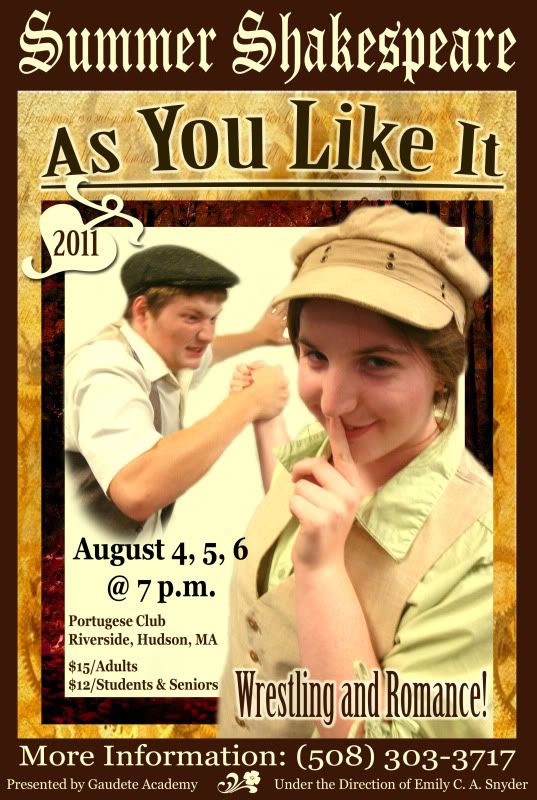
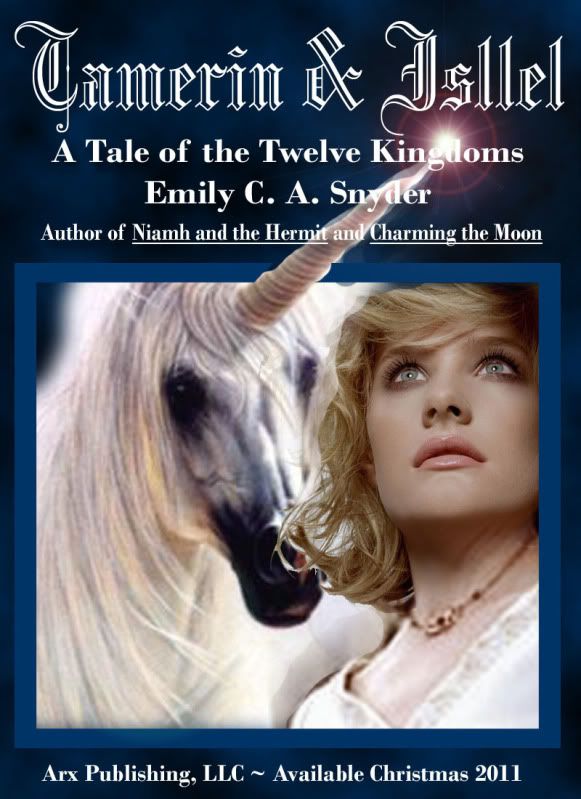
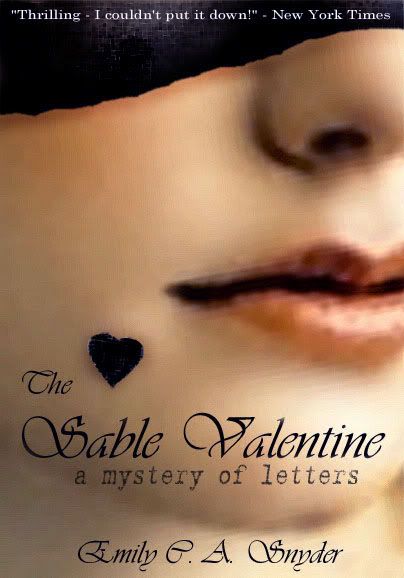





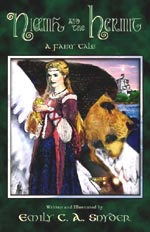
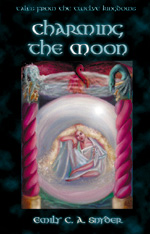

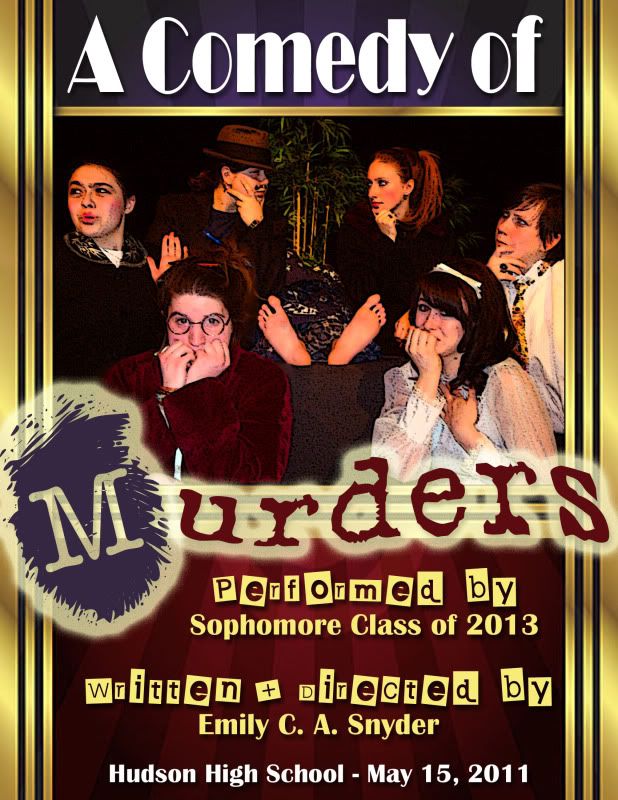
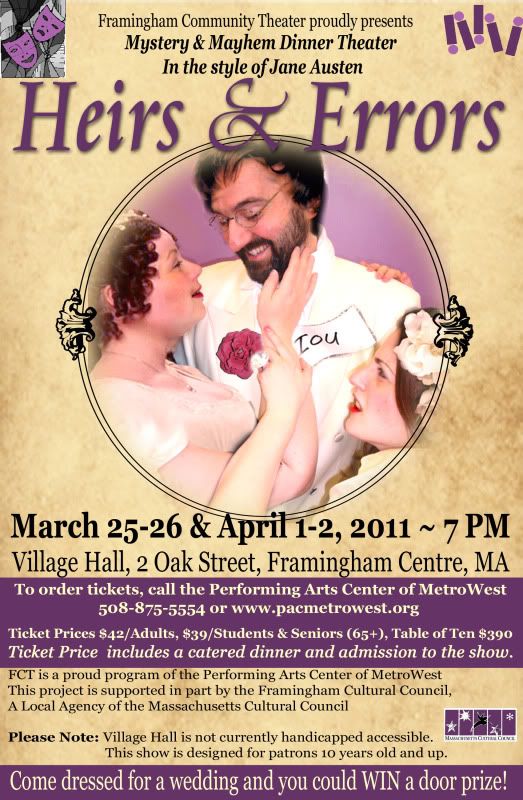

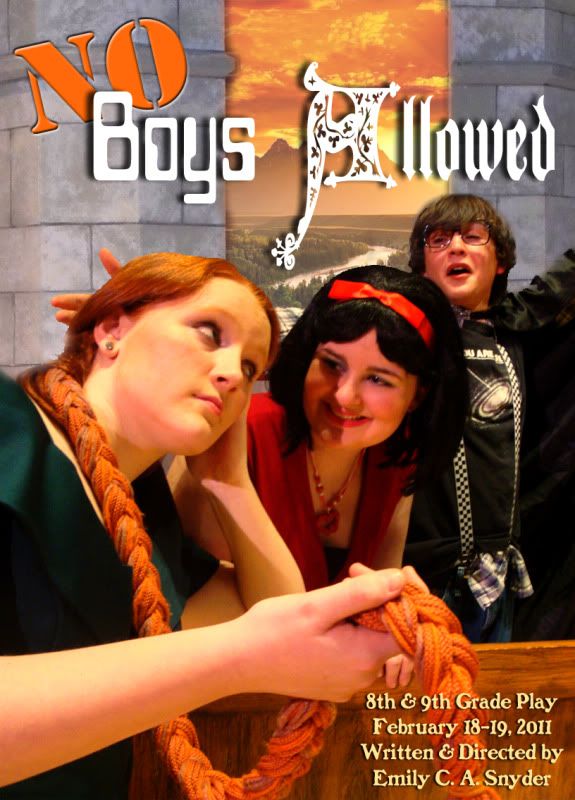
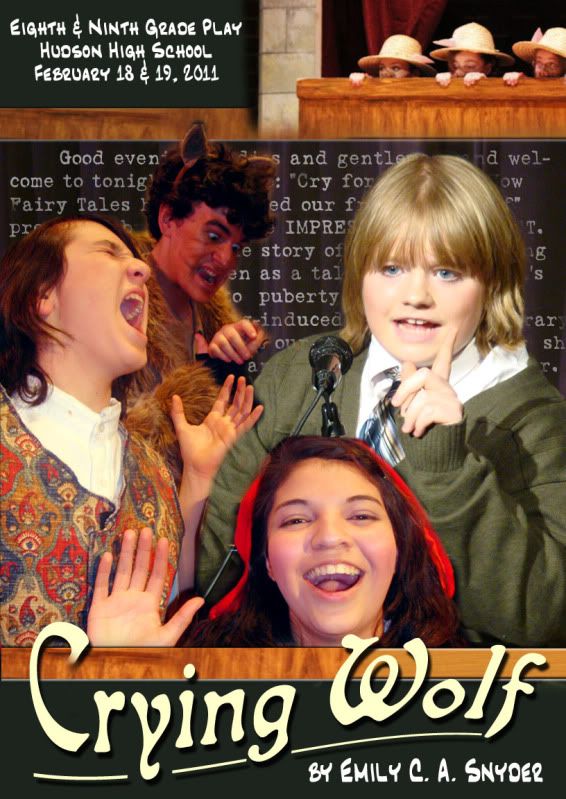
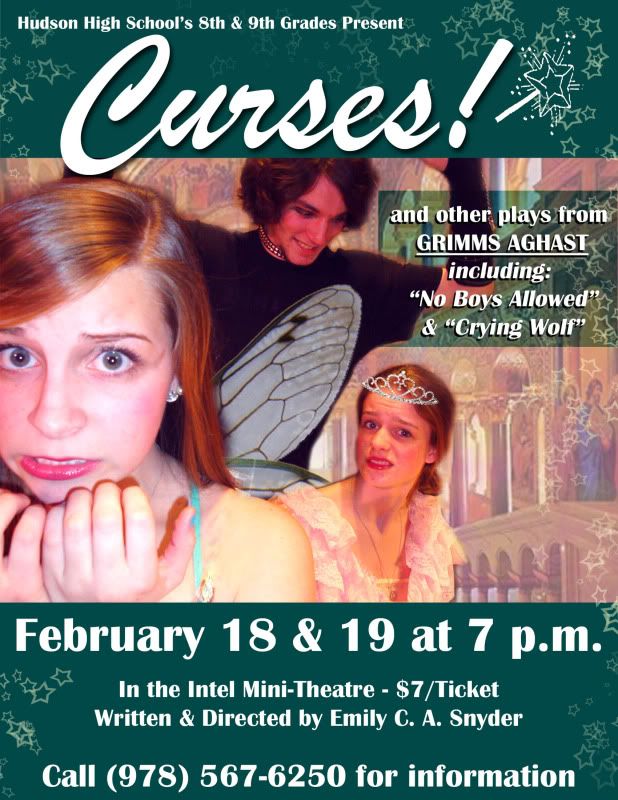
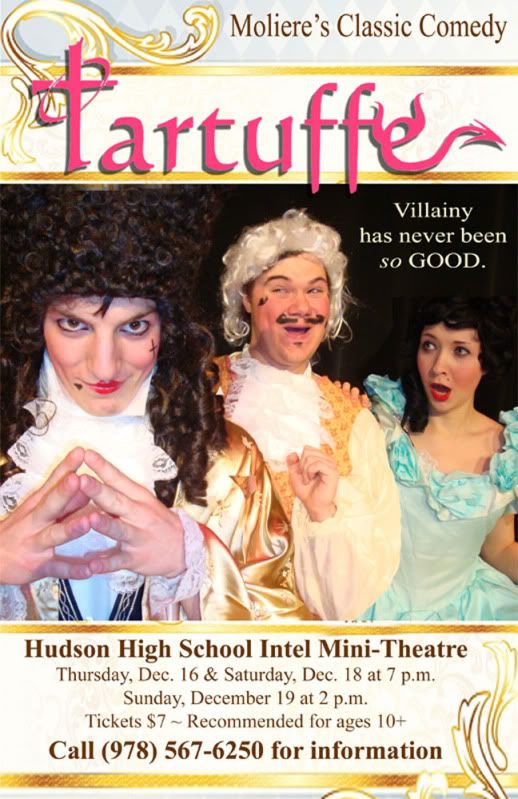
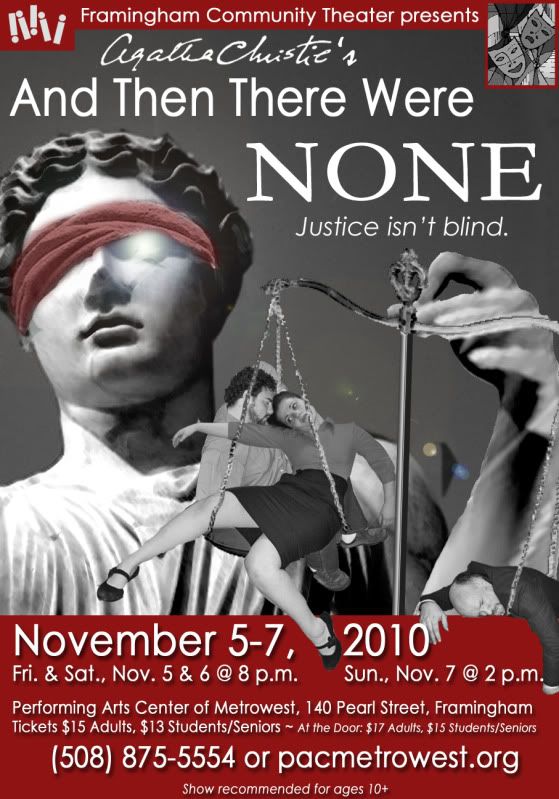
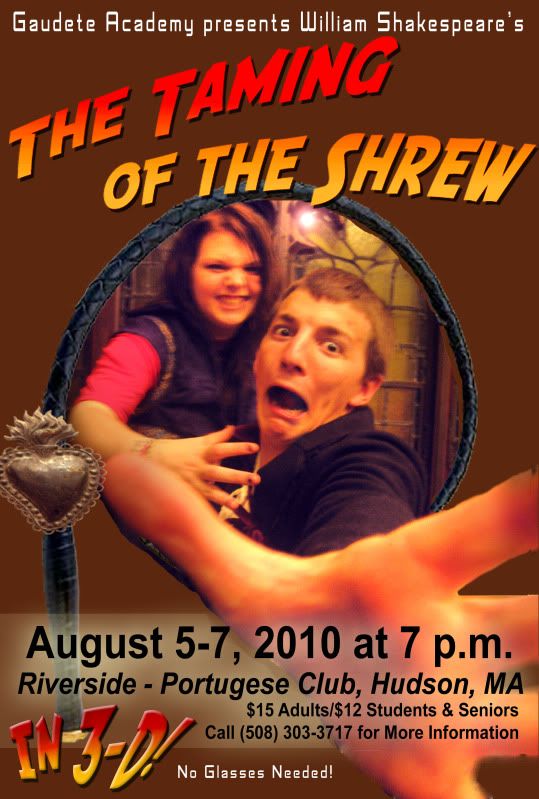

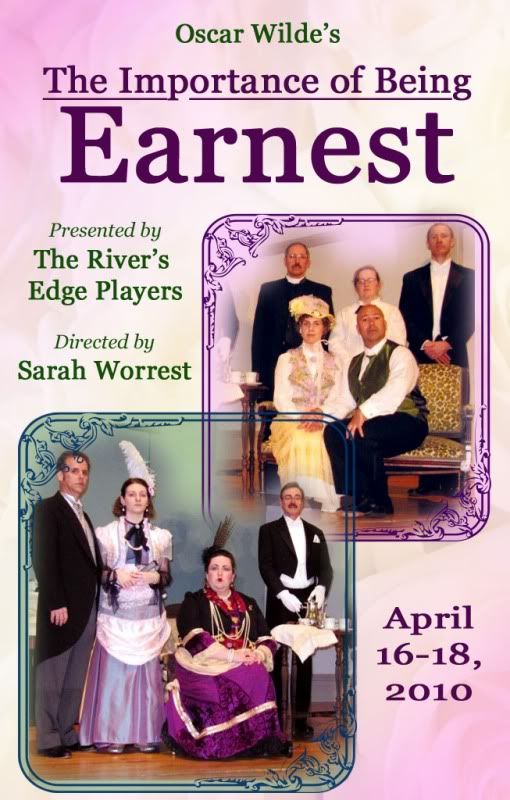
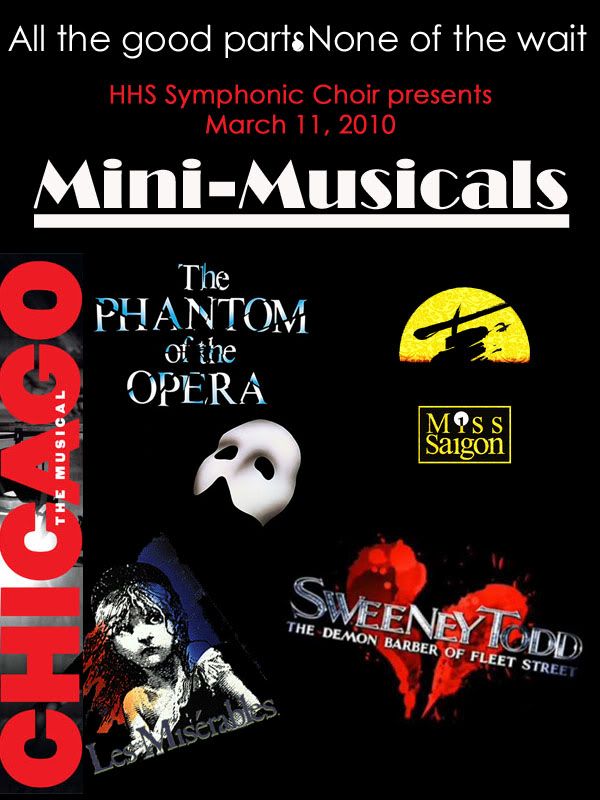

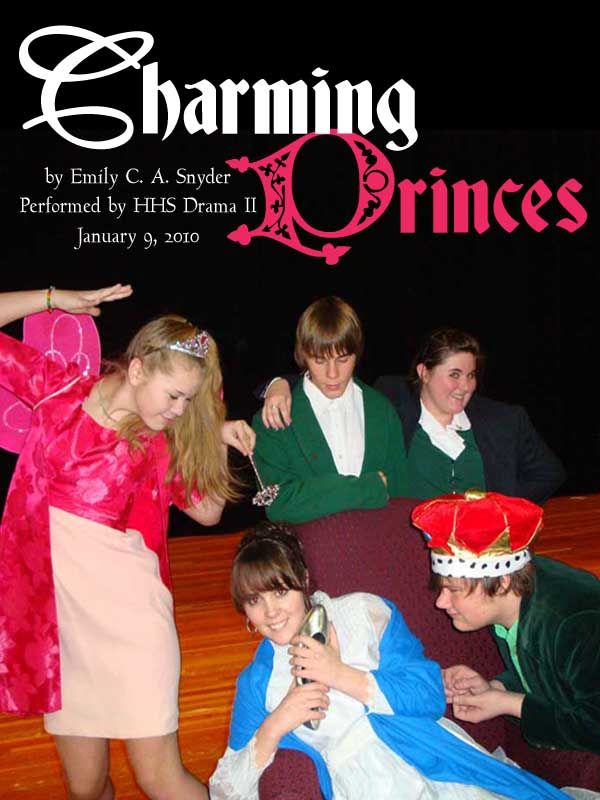
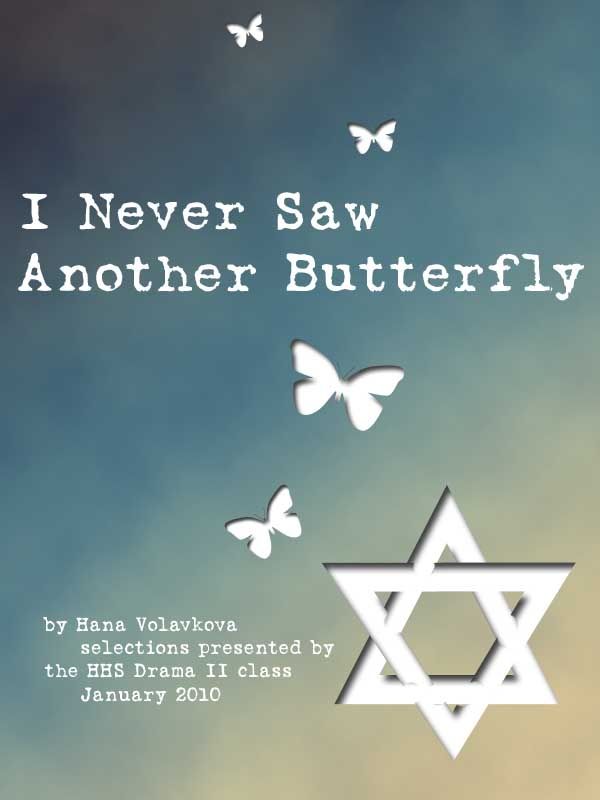
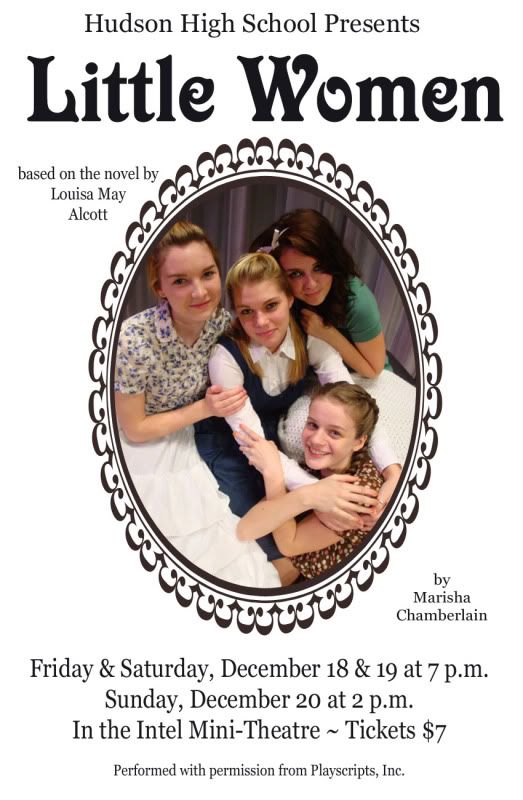
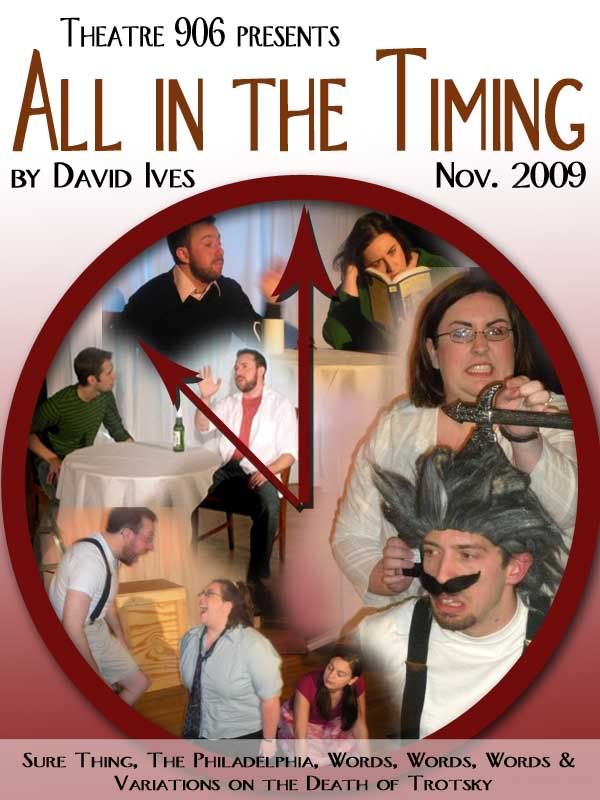
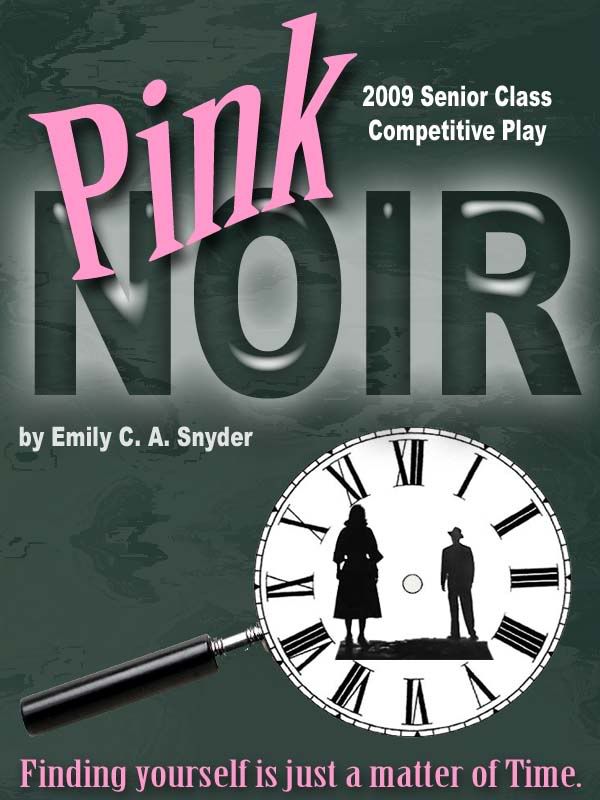
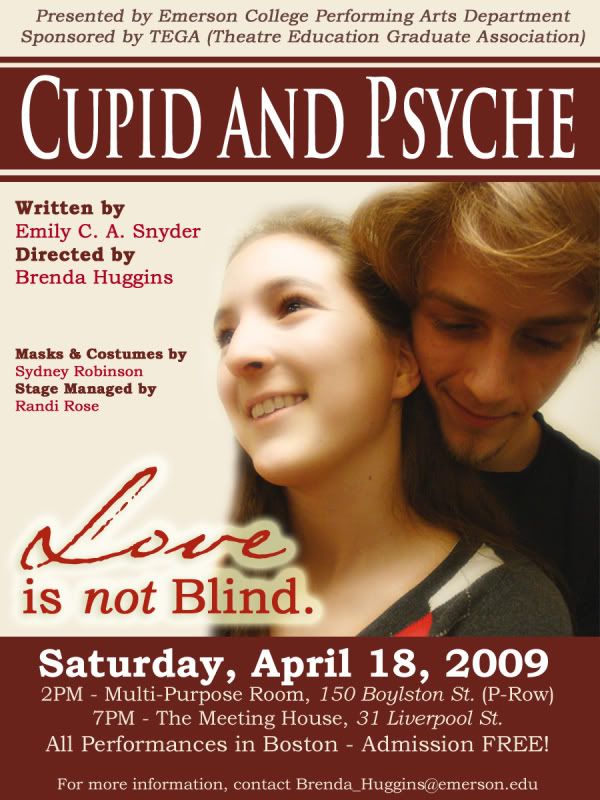
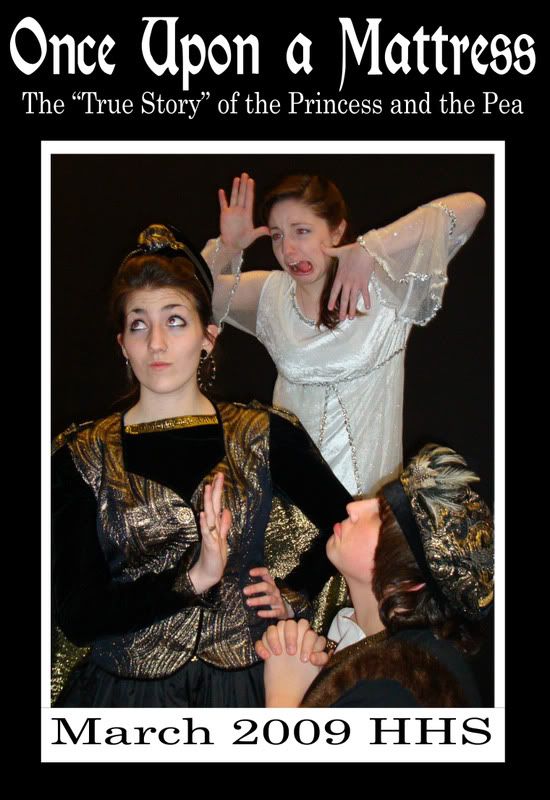

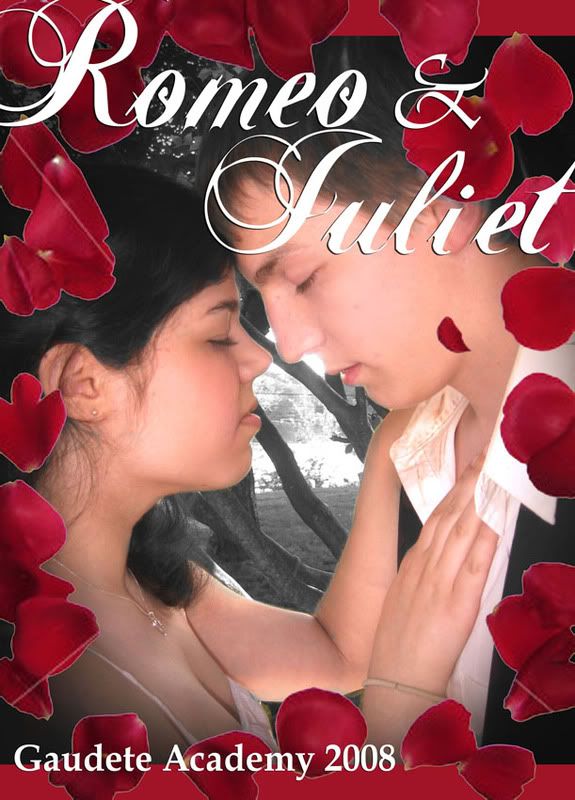
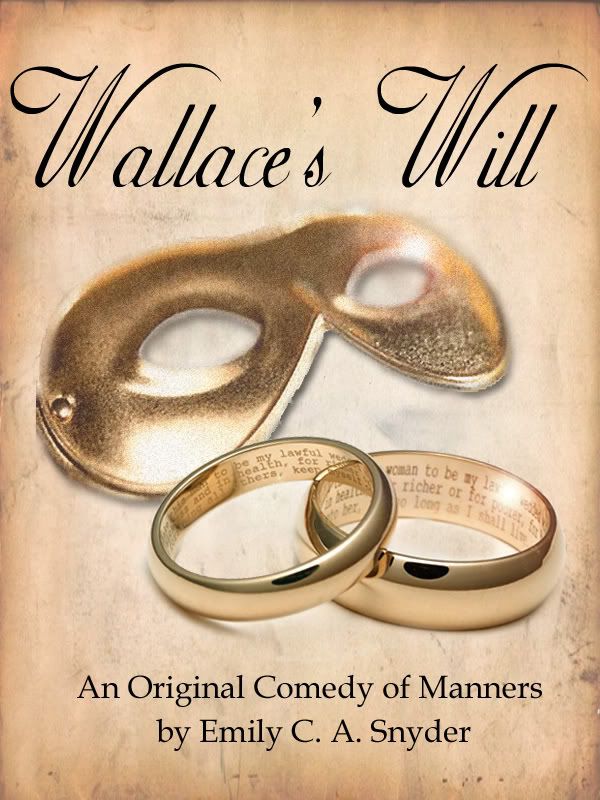
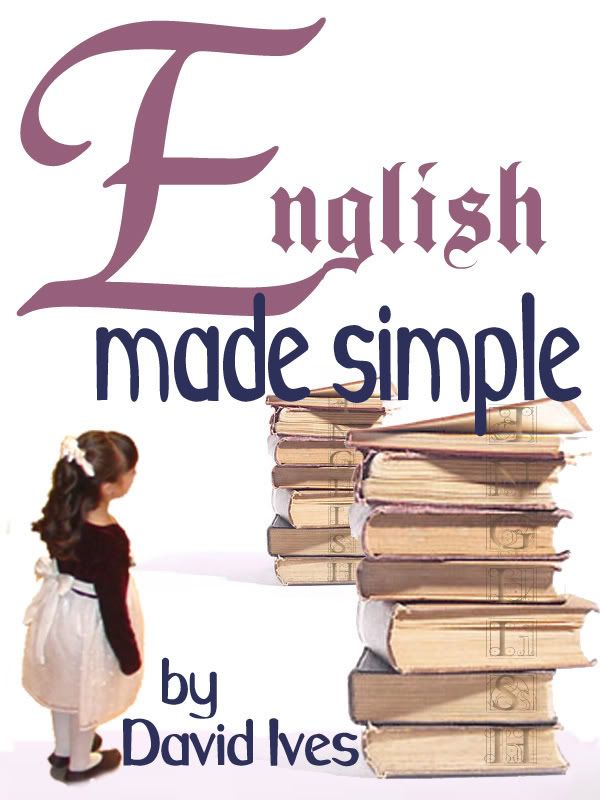
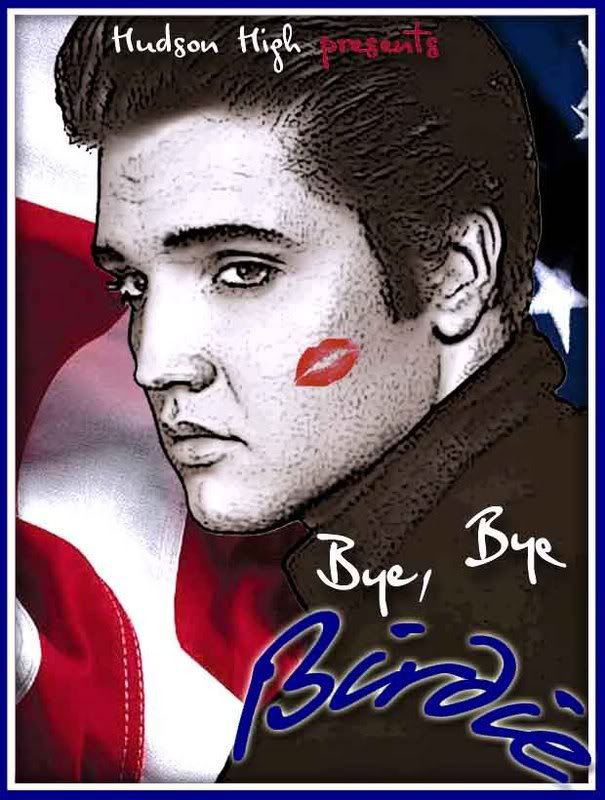
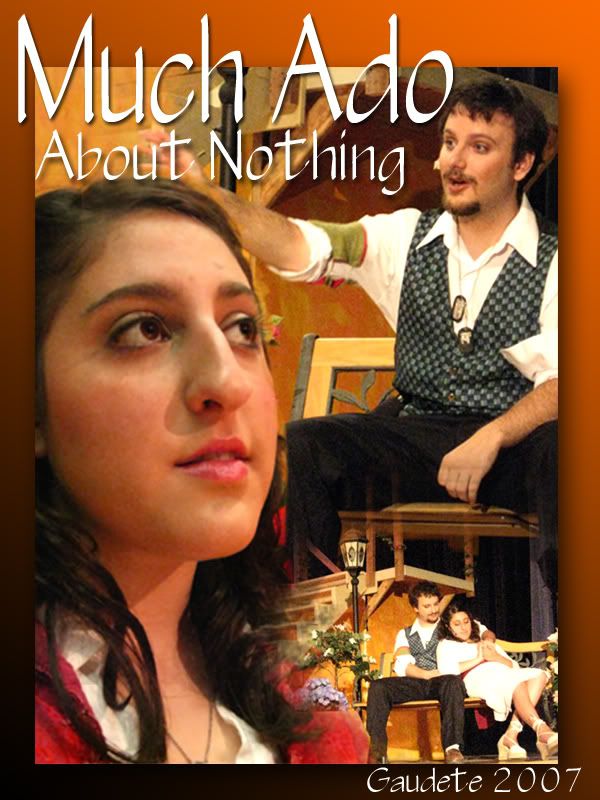
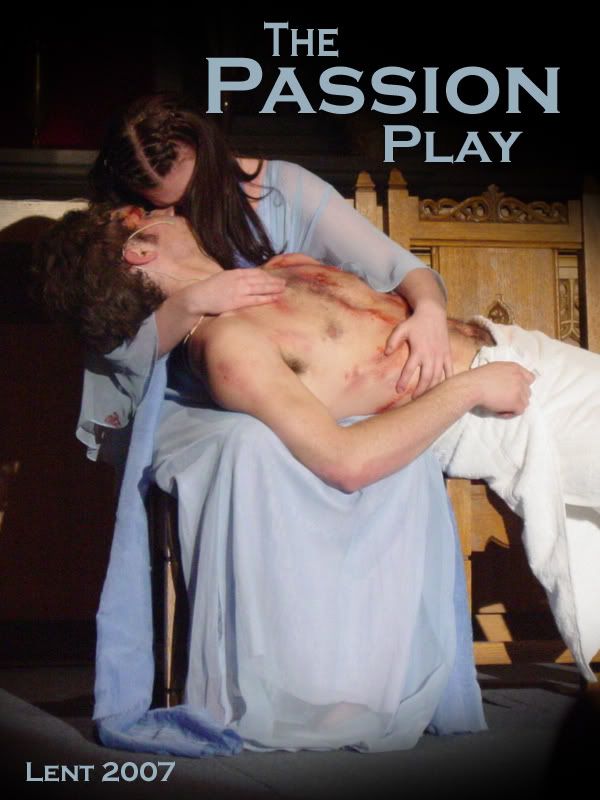
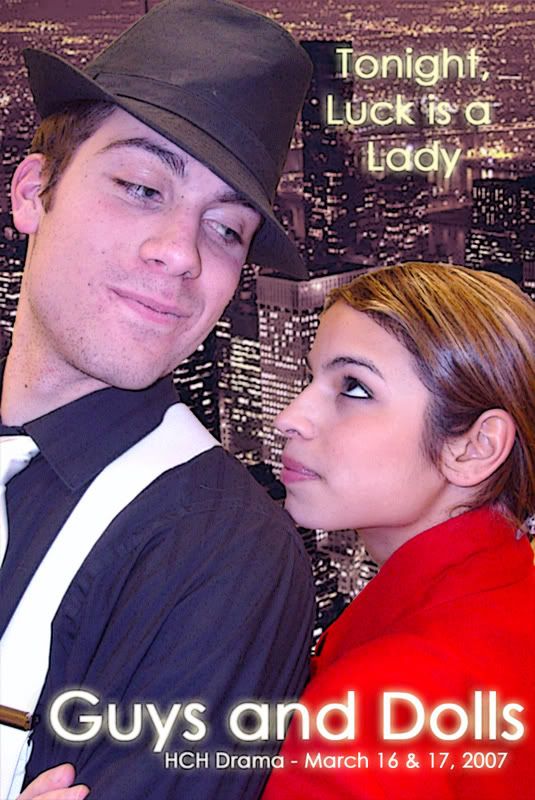
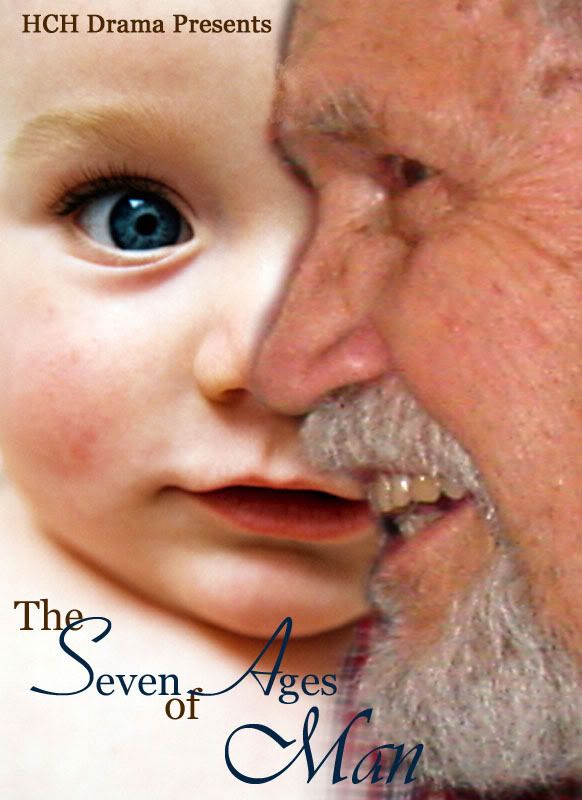

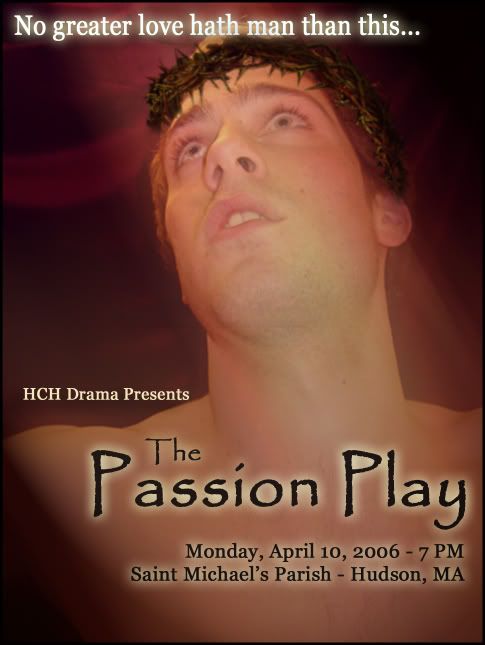
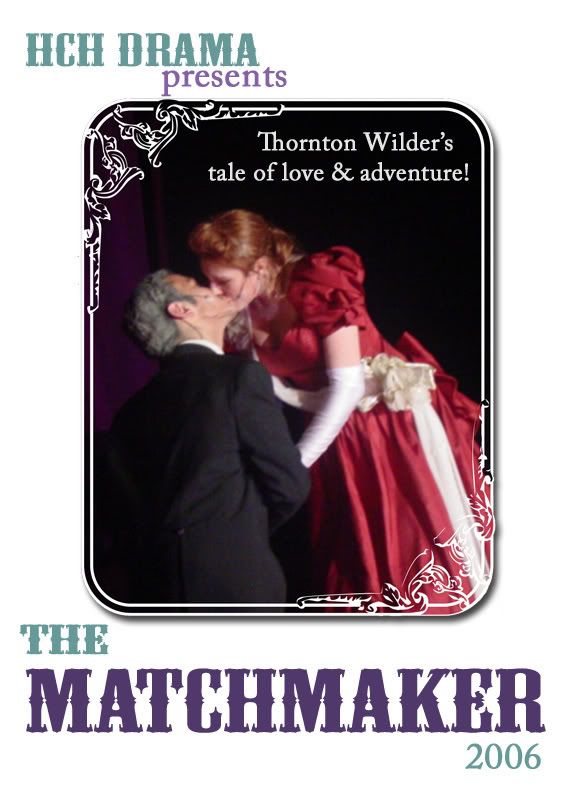



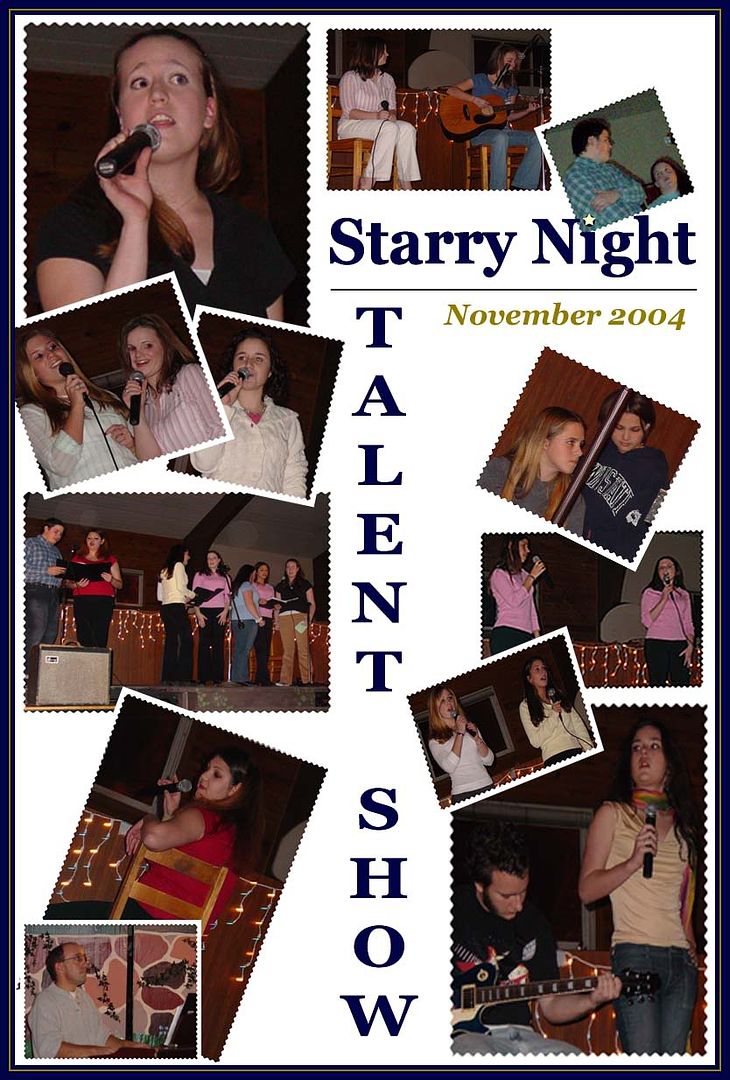



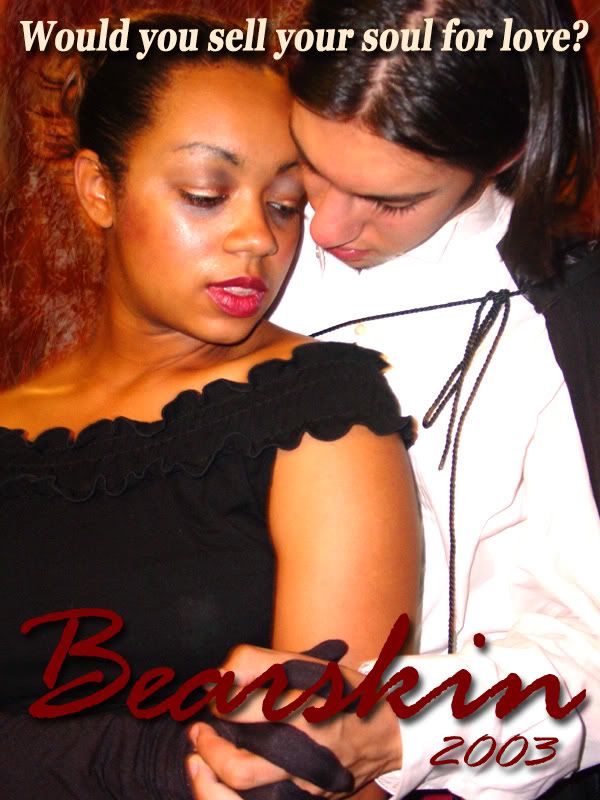
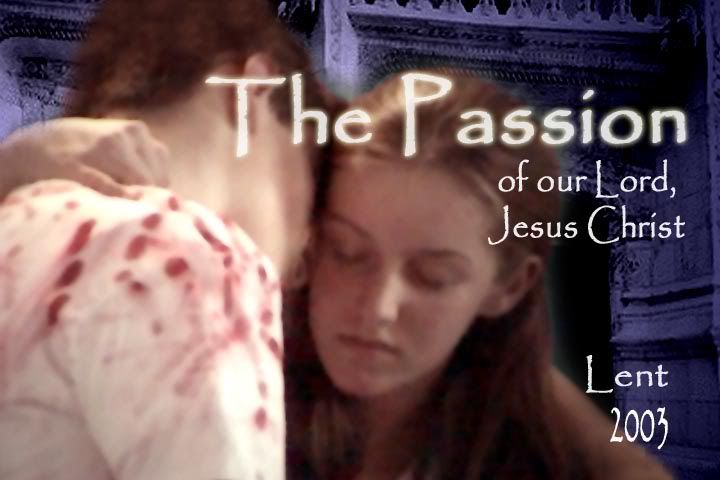

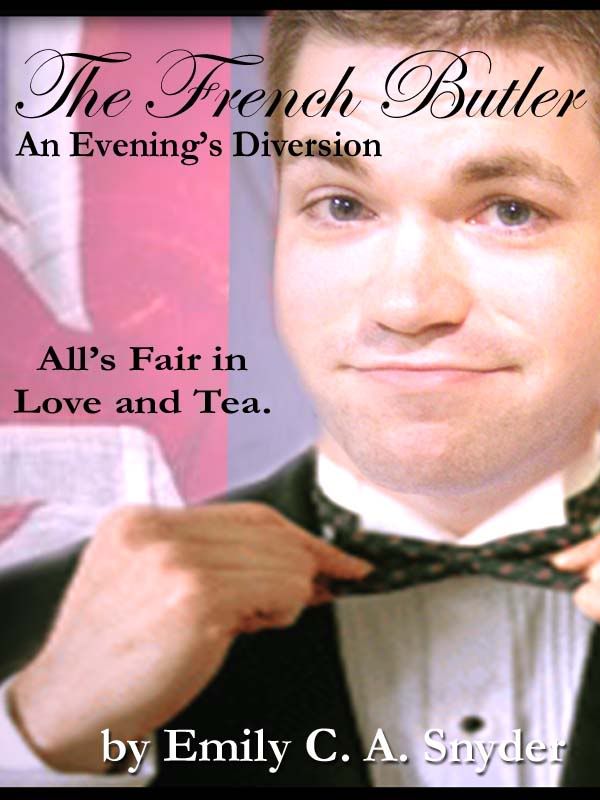
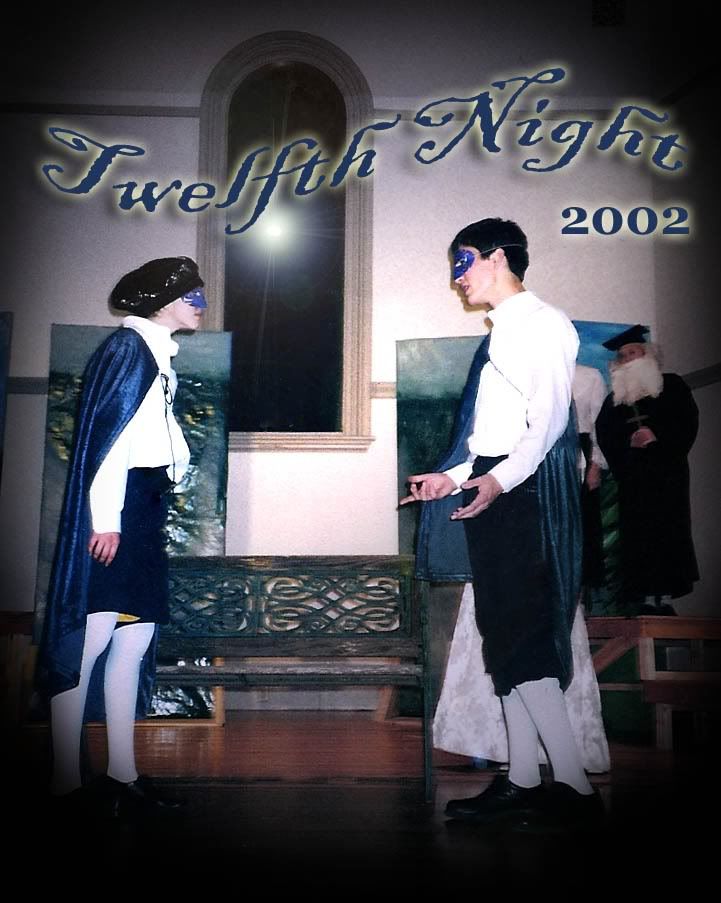
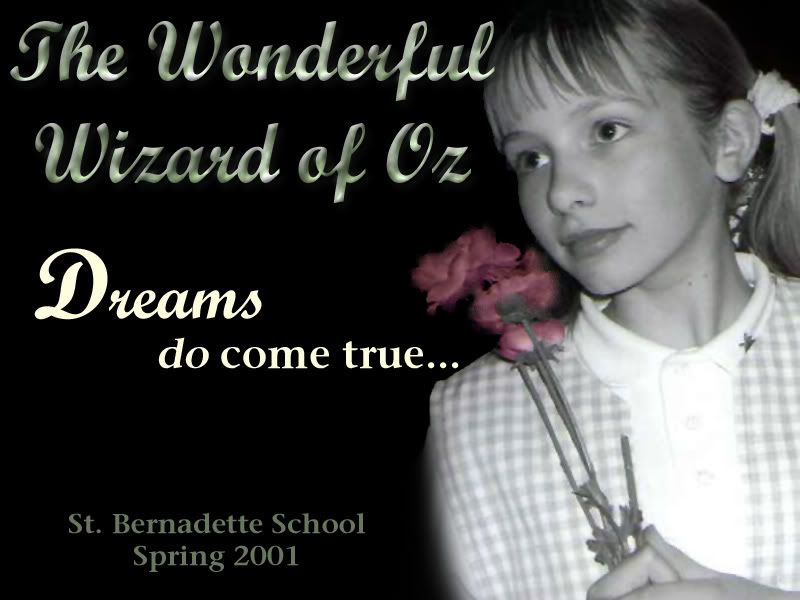
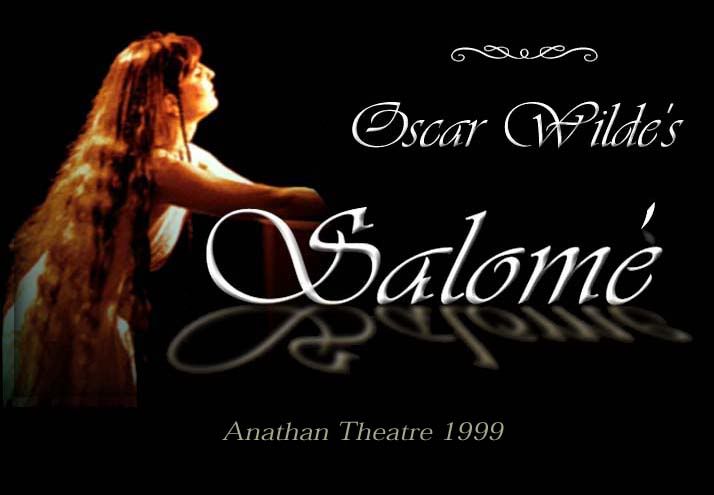


0 Comments:
Post a Comment
<< Home